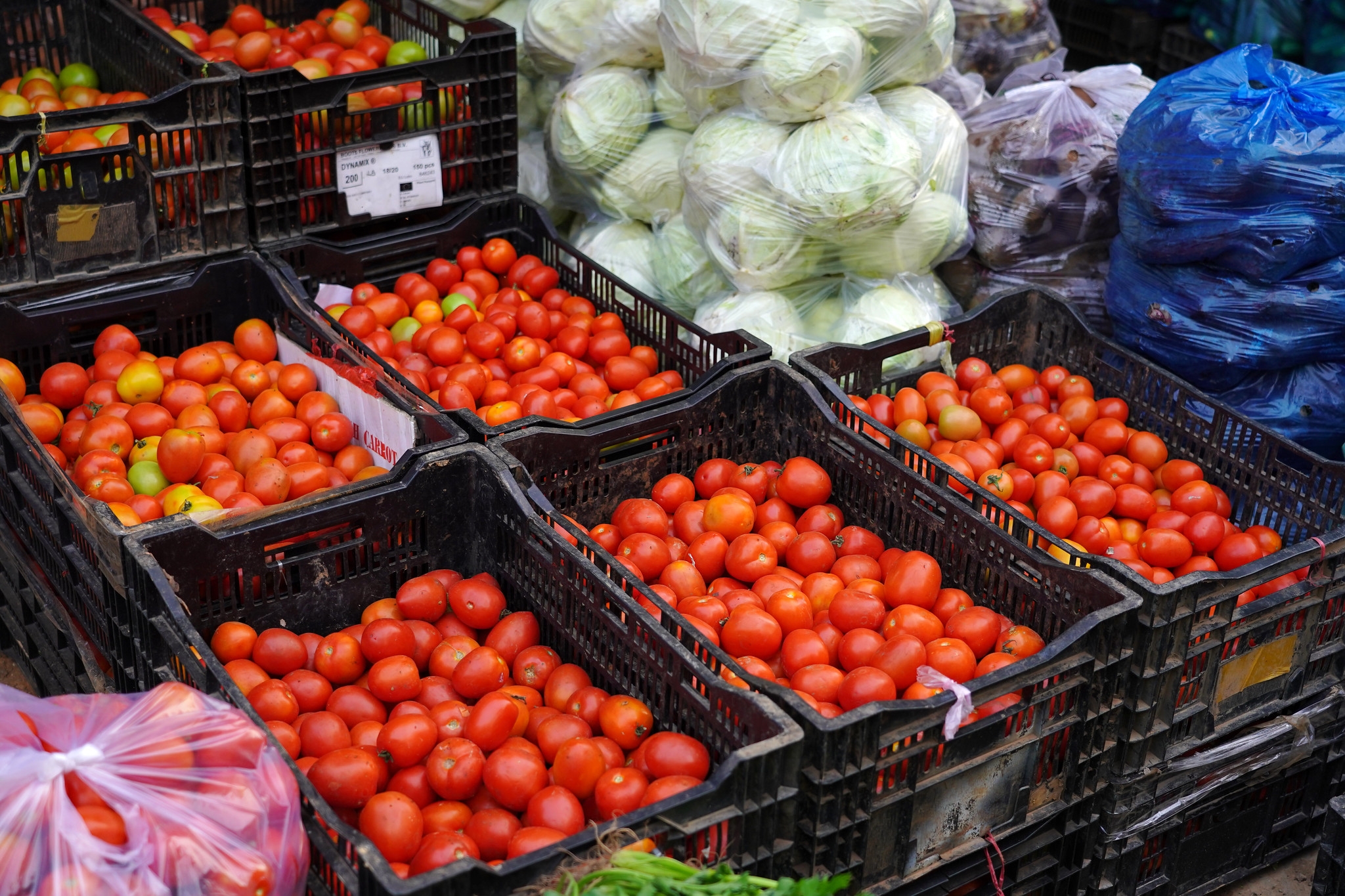
This project is aimed at contributing to higher exports of chili peppers, eggplant and tomatoes in the Dominican Republic and Haiti in an effort to help families increase their incomes. It seeks to develop a system focused on food safety and quality in the value chains for these products to increase exports to international and domestic markets.
World trade in fresh produce has been expanding significantly in recent years due to the growing world population, and to changes in consumer tastes and preferences, as they increasingly demand healthy food. At the same time, import markets are imposing more requirements. For the Dominican Republic and Haiti, the most important export markets are the United States and Europe. Annual demand for imported food and beverages in the US is valued at more than US$ 140 billion, and US$ 467 billion in Europe.
In this context, over the past five years, both markets have modified their food safety and quality requirements in accordance with the demands and stipulations of their consumers, thereby increasing market access requirements. This is particularly the case for fresh agricultural products with sanitary and phytosanitary measures; technical requirements related to quality, packaging and labelling; and certifications to ensure good practices that affect workers, products and production methods.
The provisions of a number of European regulations are being amended so that producers on the island of Hispaniola can access those markets. These amendments have been primarily in relation to good agricultural practices, manufacturing, labelling, maximum residue limits of pesticides, and pests and diseases that have a trade impact and have redefined the production process of many productive chains.
Across the island, agriculture has a highly significant and decisive socioeconomic impact. It has an income multiplier effect for producers, dependents and the regional economy. There is also evidence of economic and social development where this activity has increased markedly.
In the Dominican Republic, the agricultural sector accounts for one in every six jobs. It contributes 6% to GDP and has created more than 270,000 direct jobs. In Haiti, the data are even more noteworthy, with agriculture creating more than one-third of all jobs. Agricultural activity accounts for 22% of GDP and creates about 1.7 million jobs.
The trade value of the three production chains is important for the island in terms of local consumption and the Dominican Republic's exports and Haiti's export potential. These chains were chosen primarily because of the pests inherent to the products, which have led to them being repeatedly rejected for sale in the European and US markets. According to USDA/APHIS reports, nearly 12% of fruit and vegetables are intercepted and subject to quarantine measures, which range from fumigation to the destruction or return of the product to its origin. This results in major losses, particularly for MSMEs on the island.
Improve the legal and institutional framework of the health system
By reviewing phytosanitary and food safety laws and decrees, both countries are working to best adapt their legislation in relation to these crops to promote their clear, secure and safe production for local and international markets.
Both countries seek to strengthen the technical committees already working in the areas of health and food safety, and, in Haiti, new steering committees and task forces are being established.
In addition, the links between the two countries and between public and private institutions are being strengthened to create health and food safety control, as well as surveillance and monitoring mechanisms for chili peppers, eggplants and tomatoes. This might serve as a point of reference for other products.
Build technical capacities of officials and promote exports
A specialized training and technical assistance program builds capacity for technical advisers and producers from both the public and private sectors in both countries.
Similarly, pilot programs are being rolled out to improve the management of these crops and carry out surveillance inspections for actual and potential pests.
Work is also being undertaken to support market-related capacities and connections, with consideration given to producers' participation in fairs and events that could put them in touch with international buyers.